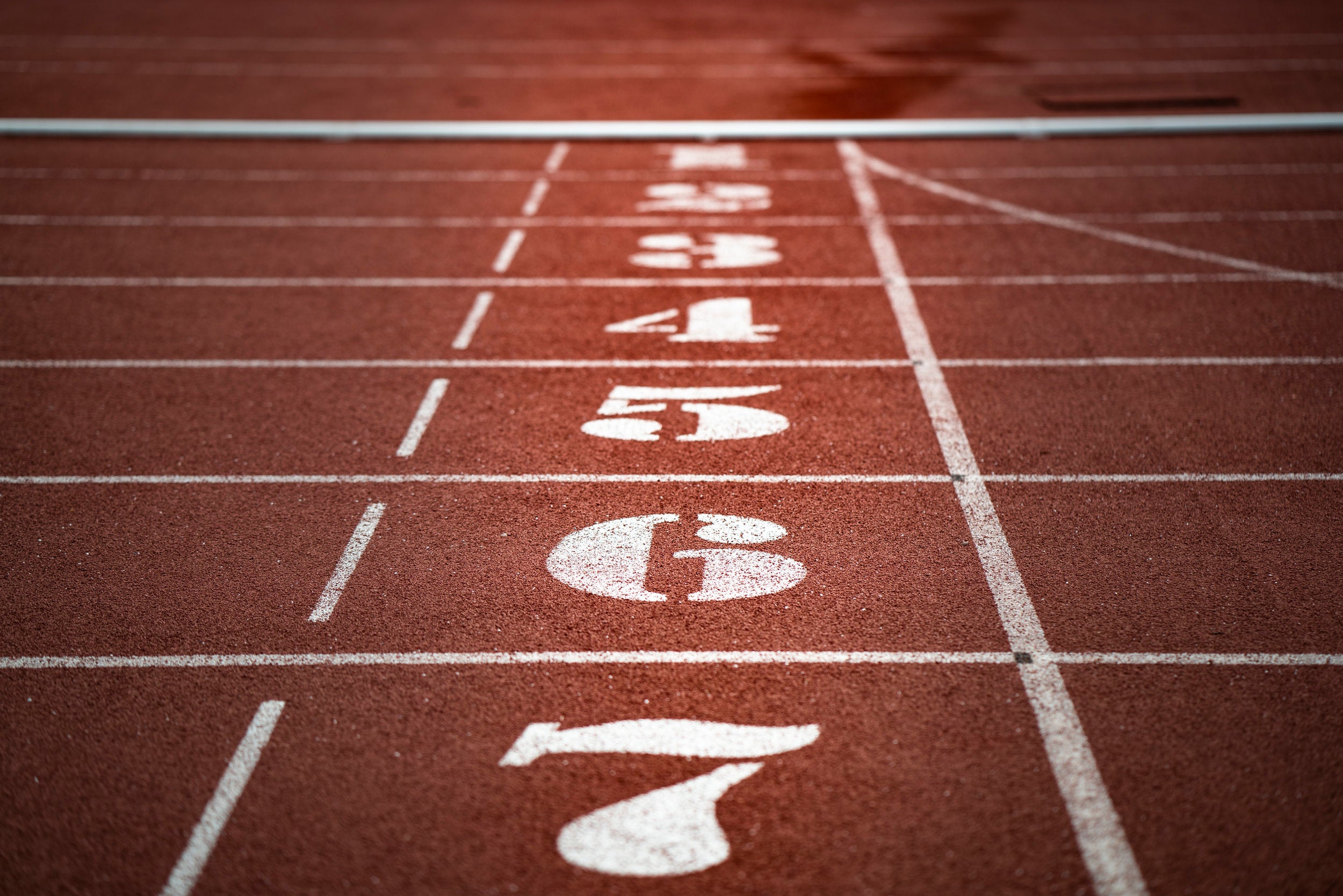
Athletic Performance: Cue Utilization
Athletic Performance: Cue Utilization
By: Jimmy Dabney
An interesting topic that always presented a challenge in my athletic career was learning how to keep a balanced mentality to consistently perform at my best. Once I became aware of its existence and role in performance, it became easier for me as an athlete. However, this awareness was not found until the final chapters in my years of competing. Now, as a coach, I have been inspired to consistently learn more about sport psychology to help young athletes conquer this if they are having trouble doing so. Research would suggest that athletes are frequently concerned about three major things when it comes to sport psychology& anxiety, arousal, and attention.
Many of the athletes I have coached, myself included, struggled with anxiety and how to control their minds when under the pressure of competition. As a swim coach, each week I would hold applied sport psychology sessions with the ultimate goal being for the athletes to understand and seek to control things within themselves. Performing under pressure was a huge topic of conversation. The majority of those in attendance would verbalize consistent struggles of a troubled mindset when it came to experiencing anxiety within their performance.

Anxiety is fascinating as it can be multidimensional and impact us in a variety of ways. The key connection between anxiety and performance is how it links up with our intensity of behavior (arousal). When we are in an uncontrollable anxious state our arousal level is too high creating tense muscles, a racing heartbeat and negative thoughts. This can dramatically affect our performance because internally it will seem as if everything is going haywire in our minds. We can lose confidence, self-esteem and create fear relating to negative consequences associated with failure. This all can be overwhelming for a young athlete and make the thrill of competition turn into a nightmare.
The good news is that we all have the ability to escape this struggle. But first, it is important to understand what stressors within our environment are contributing to this struggle. An athlete has the ability to control their attention and what they focus on. Selective attention helps to drown out distractions like the crowd noise, people on the sidelines, or other external factors that can cause us to lose our composure. However, when our awareness of what is going on, thoughts about what is in our control, and energy levels are in sync, we can perform at an ideal state.
As coaching professionals we can help our athletes keep their eye on the prize by incorporating cue utilization, task-relevant words that can help improve focus and performance. However, it is crucial that you understand the athlete and their attention style if you want these to work for them. When we work with an athlete and establish a relationship, we can empathize with their current state and relate to them on a level that builds trust and rapport. This will help to learn about their stress and natural reaction to external factors during practice or competition. This understanding will aid in the verbal cues you can use in inappropriate ways to help enhance their engagement, utilize their current arousal level, and ultimately perform at their best.
Coaches, we need to SHOW UP for our athletes by being aware of their current mental state, observing their actions and asking beneficial questions. Explain to them the role of anxiety and how it can affect performance while cueing them to make strides forward during practice and competition. We never know when the light bulb will go off, and we don't want to miss a crucial opportunity for them to flip the switch. So let's make sure to take advantage of each moment every day!